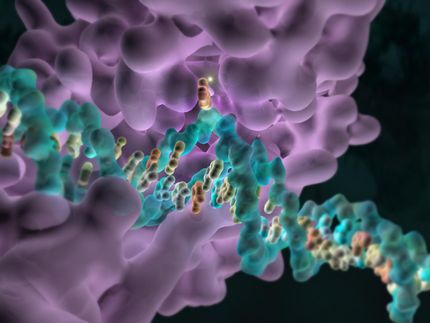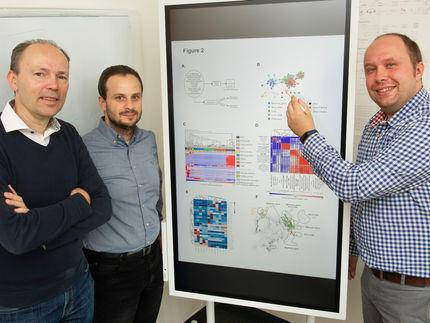Breast cancer risk gene discovery fast tracked by new technology
An international team of researchers led by the University of Melbourne has used new technology to fast track the discovery of a breast cancer risk gene and could assist in the discovery of other cancer genes.
Professor Melissa Southey of the Genetic Epidemiology Laboratory, Department of Pathology at the University of Melbourne, who led the study, said it was a significant discovery and the first breast cancer risk gene to be discovered using the latest genetic sequencing technology.
"The mutations in the newly identified gene XRCC2, although rare, explain another proportion of breast cancers that run in families where there is no known genetic cause and that particularly occur at an early age," she said.
"We identified this gene quite quickly using genetic technology called massively parallel sequencing, which enables sequencing of large amounts of human DNA at high speed.'
"Due to these results and our methodology we believe that further risk genes will be identified at a faster rate than before and potentially for other cancers such as colorectal and prostate cancers," she said.
Professor Southey said the discovery could help manage the risk of breast cancer for families with a strong history of the disease and no known genetic cause.
"This discovery will assist some families to determine individual risk and which family members are at high risk of contracting the disease," Professor Southey said.
"Unaffected relatives of people with a mutation in this gene could also be offered predictive testing, subsequent genetic counselling and ongoing clinical management on the basis of their mutation status.'
"People whose breast cancer is associated with XRCC2 mutations could also benefit from specific treatments that target the genetic fault," she said.
Currently, only about 30 per cent of the familial risk for breast cancer has been explained, leaving the substantial majority still unaccounted for.
"Research indicates that no single gene is likely to account for a large proportion of the remaining unexplained genetic susceptibility to breast cancer," Professor Southey said.
"Although mutations in XRCC2 are rare, it is most likely that the remaining unknown breast cancer susceptibility genes will account for similar small proportions of the disease."
Initially, using massively parallel sequencing, researchers identified XRCC2 mutations in two families (in Melbourne and the Netherlands). This was followed by a larger series of studies using DNA from blood samples of 689 families with multiple members affected by breast cancer, and from 1308 women who were affected at an early age by breast cancer and recruited from the general population, as well as 1120 controls.
More XRCC2 mutations were detected in the breast cancer cases but not in the controls. These additional studies were conducted in Melbourne and at the International Agency for Research on Cancer (IARC) in France.
Most read news
Other news from the department science

Get the analytics and lab tech industry in your inbox
By submitting this form you agree that LUMITOS AG will send you the newsletter(s) selected above by email. Your data will not be passed on to third parties. Your data will be stored and processed in accordance with our data protection regulations. LUMITOS may contact you by email for the purpose of advertising or market and opinion surveys. You can revoke your consent at any time without giving reasons to LUMITOS AG, Ernst-Augustin-Str. 2, 12489 Berlin, Germany or by e-mail at revoke@lumitos.com with effect for the future. In addition, each email contains a link to unsubscribe from the corresponding newsletter.

























































